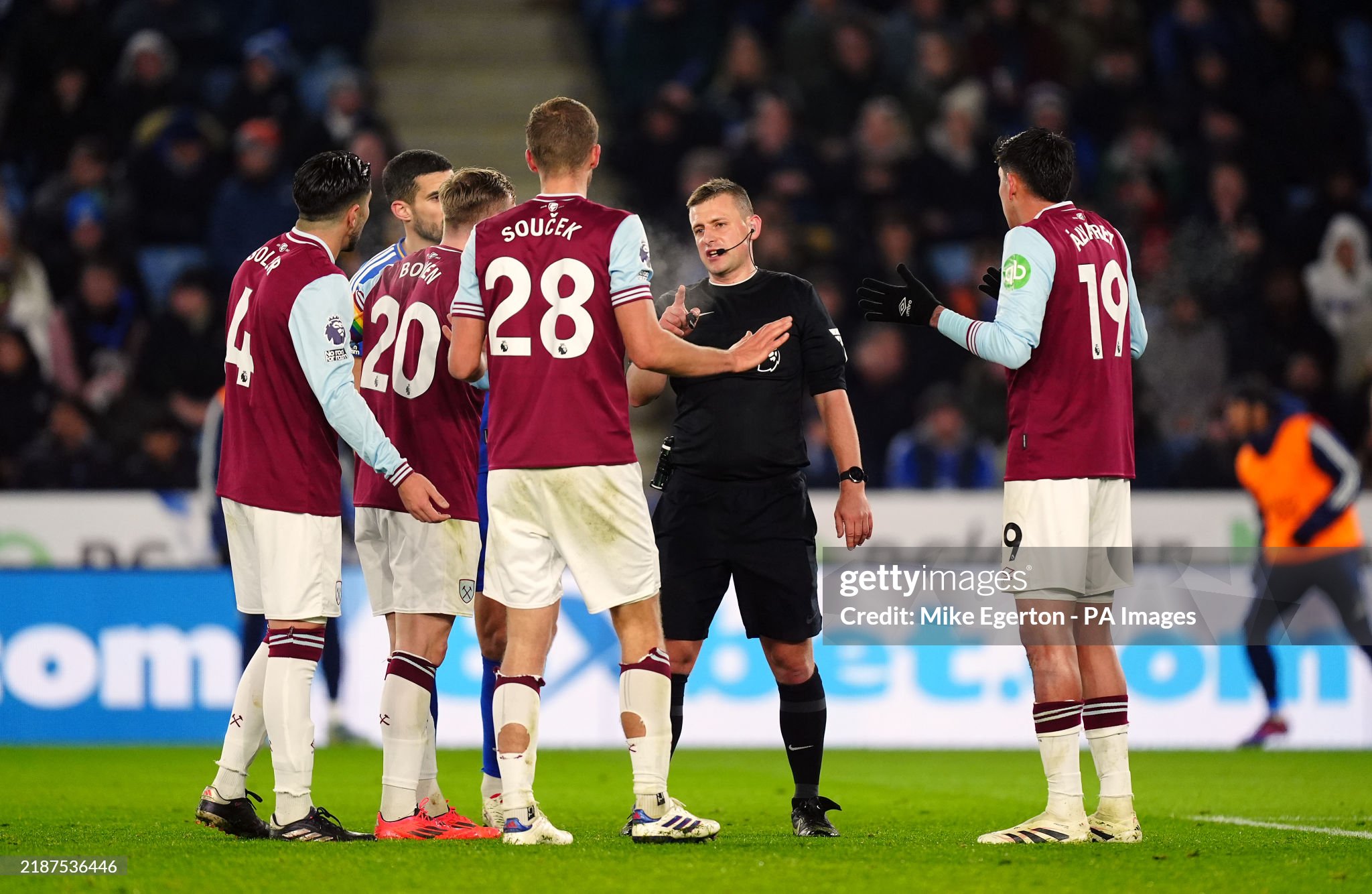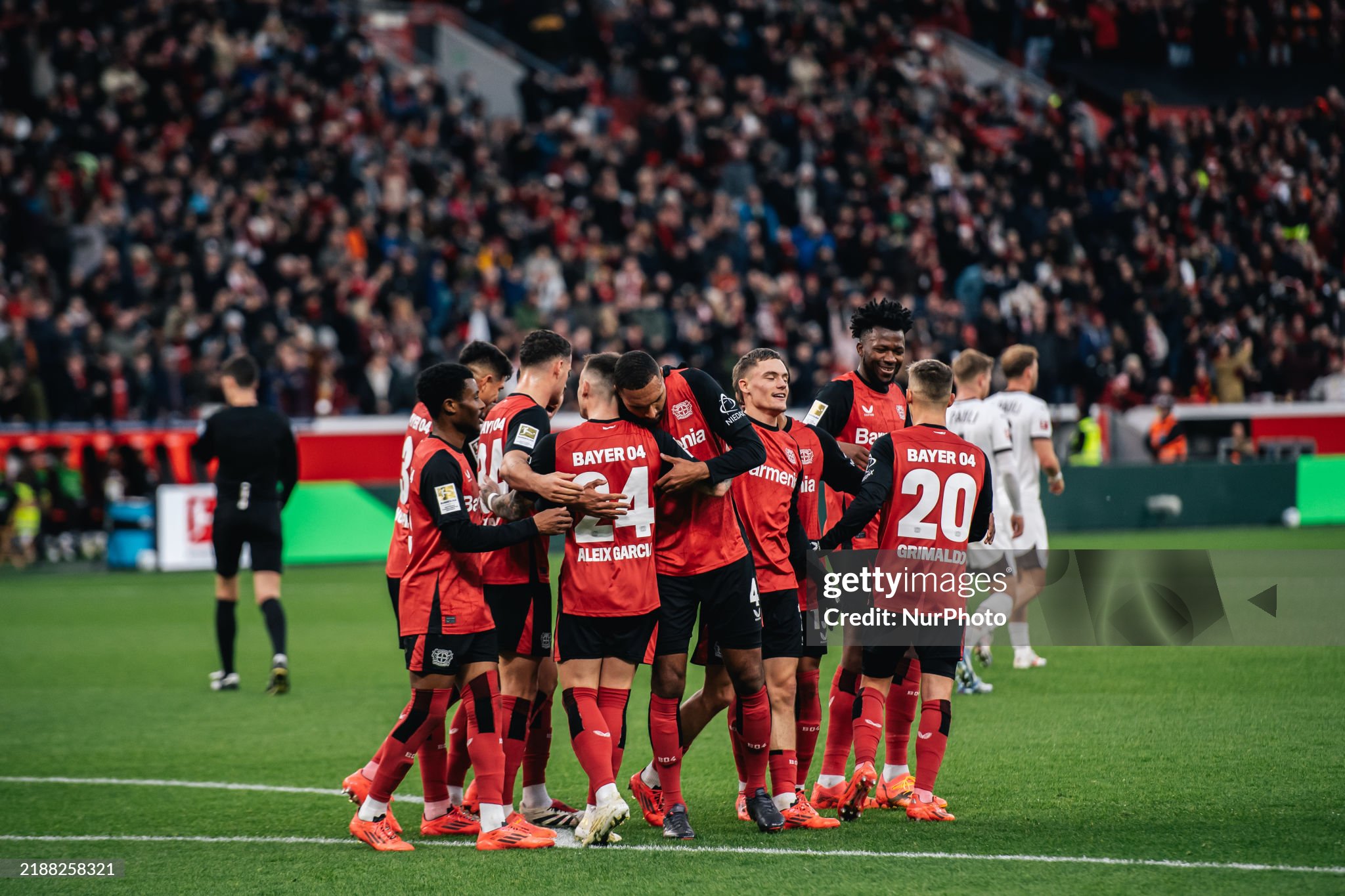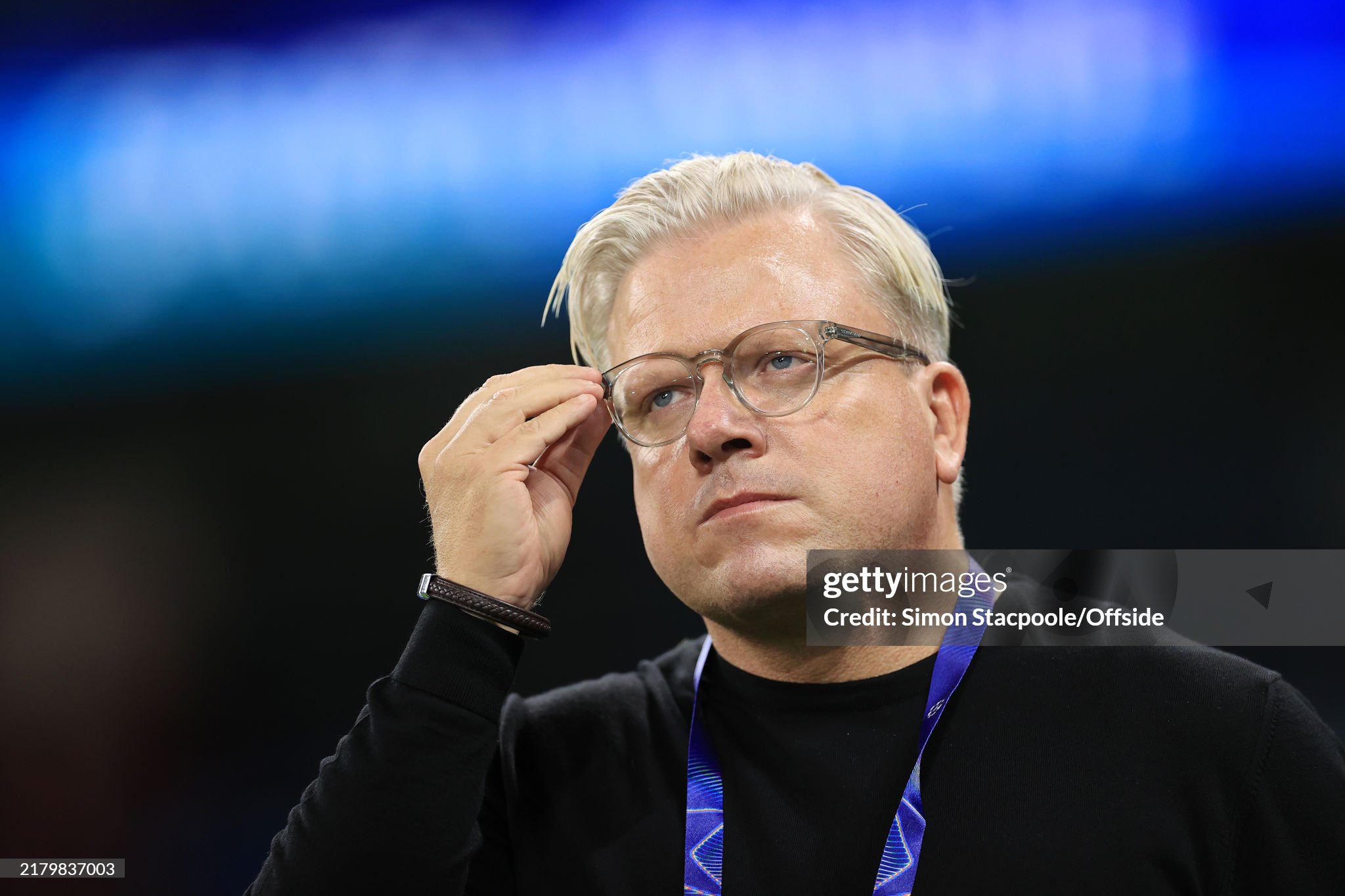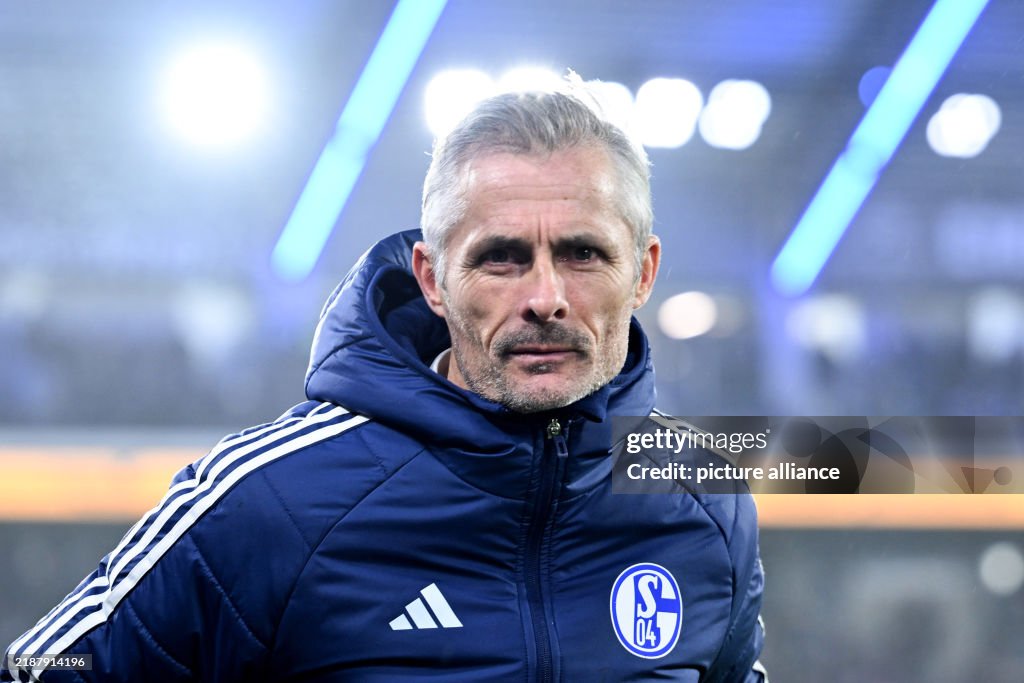West Ham United has, in principle, all the conditions to be a successful club. The powerhouse from East London, known for its renowned youth academy as 'The Academy of Football,' boasts a state-of-the-art stadium, a massive fanbase, and a well-filled club treasury.
 Embed from Getty Images
Embed from Getty Images
The English press, known for its sharp wit and brutal honesty, has already labeled Monday night's clash between West Ham United and Wolverhampton Wanderers as ‘El Sáckico,’ a cutting reference to the precarious positions of both clubs and the mounting pressure on their respective managers.
For Wolves, the situation is at least understandable. Based in Wolverhampton, a city that has faced financial hardships for decades, the club operates with limited commercial opportunities. Their home ground, Molineux, while charming and full of history, lacks the size and modern appeal to drive the revenue streams needed to consistently compete at the top level. It’s a romantic venue for fans, but commercially it remains a burden, unable to match the ambitions of a club fighting to secure its Premier League status. Now in their seventh consecutive season in the top flight, Wolverhampton Wanderers have defied expectations, but many believe it is a matter of time before the cracks widen, and relegation becomes inevitable.
And then there’s West Ham United. Their story, as always, is far more complicated and far more frustrating. The farewell to Upton Park in 2016 remains a bittersweet memory for Hammers fans. The club’s spiritual home had been a sanctuary for generations, its tight, atmospheric stands producing some of the most unforgettable scenes in English football. But the move to the London Olympic Stadium promised bigger, better things: a gateway to the elite, with resources to match their lofty ambitions. The relocation offered them opportunities most clubs could only dream of, opportunities gifted, rather than earned, on the back of a now-infamous deal.
Building a new stadium is an astronomical expense, particularly in London, where land prices are among the highest in the world. Tottenham Hotspur spent a staggering €1.2 billion on their gleaming new home, a cost that has since grown even higher due to inflation and financial pressures. West Ham, however, found themselves in an almost surreal position. When then-Mayor Boris Johnson struck the deal to lease the Olympic Stadium to the club, it was nothing short of the “bargain of the century.” For just €3.5 million per year, West Ham secured a 99-year lease on a stadium that had been built for the 2012 Olympics at immense public cost. The figure is laughably low just over one percent of the club’s annual revenue and doesn’t even cover expenses such as security, which fall to the city of London to subsidize.
This sweetheart deal understandably angered other clubs, especially those in London, where financial parity is hard to come by. Yet the agreement was airtight. In 2016, West Ham left their beloved Upton Park for the gleaming Olympic Stadium, a move that placed them closer to the city center and promised a competitive future on par with the Premier League’s elite. Capacity was no longer an issue West Ham could now host 63,000 fans every week. And the fans responded, flocking in droves. During the 2023/24 season, West Ham boasts the second-highest average attendance in the league, trailing only Manchester United.
With a world-class stadium, an enviable fanbase, and generations of history, West Ham has every tool needed to establish themselves as a major force. Their legacy of producing elite talent is unmatched: Joe Cole, Declan Rice, Frank Lampard, Michael Carrick, Paul Ince, Rio Ferdinand, Geoff Hurst, Martin Peters, Trevor Brooking, and the legendary Sir Bobby Moore all came through their renowned academy. These players not only defined eras for club and country but also contributed significantly to England’s 1966 World Cup triumph. Yet for all their contributions to English football, West Ham’s own trophy haul is embarrassingly modest three FA Cups and two second-tier European titles in over a century of history.
The transition to the Olympic Stadium was supposed to change all of that. Finally, West Ham had the infrastructure to compete. They had the finances to build a squad capable of challenging for silverware. And yet, the results have fallen woefully short of expectations. Despite their financial resources spending nearly €1 billion on new players since 2016 the club remains mired in mediocrity. For every success, there has been an equal failure. Twice, the club turned to David Moyes to save them from the ignominy of relegation. It was an ironic twist that Moyes, a manager whose reputation had taken a battering in recent years, became the man who gave West Ham hope. Under his leadership, the team flirted with Champions League qualification and enjoyed their first taste of European success since the 1970s. The highlight came in 2023 when West Ham lifted the UEFA Conference League trophy a competition often ridiculed in England, but a cherished moment for a club starved of silverware.
Yet even Moyes’ success was short-lived. The football grew stale, and the results declined sharply, prompting his departure. In a bid to restore excitement and ambition, the club turned to Julen Lopetegui, a coach with a stellar reputation and an impressive CV. Backed by the board, Lopetegui was handed significant funds to rebuild the squad, but the results have been underwhelming. Despite the enormous investment, West Ham sits in a disappointing 14th place, far from the European spots their fans crave. Critics point to the financial imbalance, noting that clubs like Newcastle, Aston Villa, and Liverpool have achieved far more despite spending less.
The stakes for Lopetegui are clear. With the pressure mounting, Monday’s match against Wolves has become a must-win fixture. The English media is already sharpening their knives, suggesting that defeat could see Lopetegui dismissed before the year’s end, a cruel Boxing Day irony for a coach brought in to rescue West Ham from the shadow of underachievement. Were it not for the struggles of Wolves, Ipswich Town, and Southampton, West Ham might already be teetering on the brink of crisis.
For all their advantages the modern stadium, the devoted fans, and the financial muscle West Ham still cannot deliver consistent success. The “bargain of the century” has yet to pay off, and the club’s supporters, loyal as ever, continue to wait for their moment in the sun. Fortune may have smiled on West Ham when they secured their new home, but for now, Fortune’s still hiding.
Updated: 02:35, 9 Dec 2024







